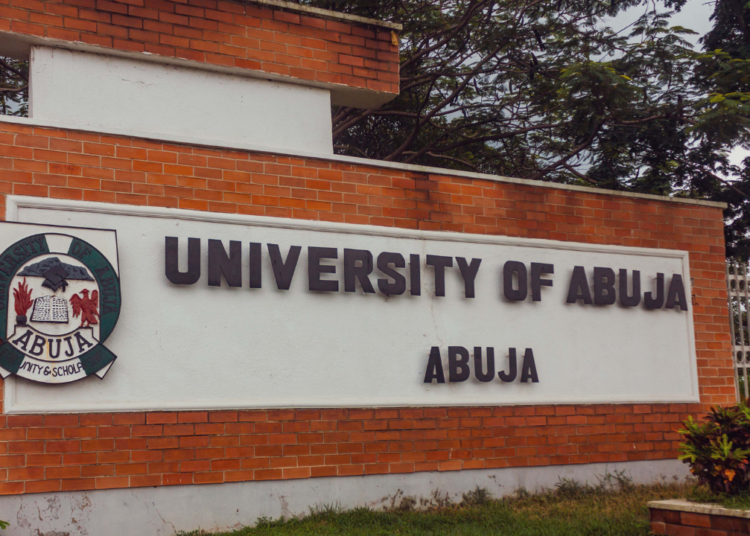University of Abuja (UniAbuja) is experiencing severe disruptions of lectures as its branch of the Academic Staff Union of Universities (ASUU) strike enters its 50th day.
The industrial action has severely impacted the university’s academic schedule, resulting in partial lectures and considerable uncertainty among students and faculty.
The strike, part of a nationwide protest by ASUU over issues such as violating its establishment laws, including appointments and promotions of staff members without a governing body, underscores the chronic challenges facing Nigeria’s higher education system.
LEADERSHIP Friday gathered that as the strike persists, the academic community at the university is grappling with the immediate and long-term consequences of this ongoing stalemate, as many students are reportedly at a crossroads.
Our correspondents observed that while some departments hold lectures, students from other departments have left the campus as no activity occurs.
It will be recalled that UniAbuja ASUU embarked on strike on May 2, 2024, in protest against the above mentioned issues.
In an interview with LEADERSHIP Friday, the deputy vice-chancellor (Administration), Professor Philip Afaha, said a resolution would be reached with ASUU soon because all the grounds for the strike have been addressed.
“There were five grounds on the strike, and if you check, as of today, most of the grounds have been done.
“So, what is happening now is just to go on with the dialogue. I want to make one point clear. The business of a union like ASUU is what they are doing; if they feel aggrieved, they go on strike, and the business of management is to make sure that the policies and procedures of the University are upheld.”
According to him, the university management has been meeting with ASUU to ensure that the issue will be resolved.
“And I want to paint one picture that people misunderstand. Running a university is the responsibility of the management of a university. Unions are there to protect the welfare of their members. Whenever the running of a university has issues concerning the welfare of members, then the Union has every right to go on strike. Still, it is not the responsibility of a union to run a university.”
Despite reports that the strike has grounded activities at the university, Afaha said otherwise.
He said some lectures are going on, some departments are teaching, and people have been working and returning to the university while some faculties are teaching and conducting seminars.
“There is a strike, yes, but other members of ASUU did not see reasons why the strike should continue, so they are working.
“We have been having senate meetings of the university, deans and directors, and different committee meetings. So, I know that as a family, ASUU and the management will resolve this matter,” he added.





